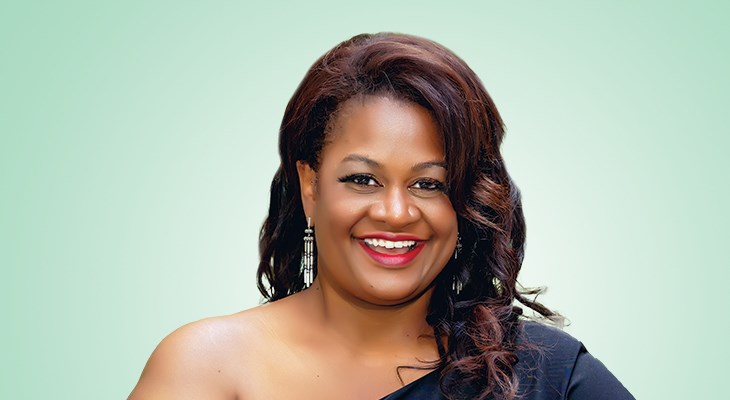Every day, Genius Guild Founder, CEO and Managing Partner Kathryn Finney says she gets to work with amazing founders.
"And they happen to be founders who look like me," she says.
Speaking at the Chicago Smart Business Dealmakers Conference on the Entrepreneurs Roundtable, she says after selling a business in 2012 that she started, and then working for a woman whose company was also bought, she saw the power of entrepreneurship.
"I saw the power, particularly of tech entrepreneurship, in changing the fortunes of not only just myself, but my entire community, and I wanted to make sure that I offered that to other people," Finney says.
From that experience, she founded a company called digitalundivided, which started off small and is now in five cities with an eight-figure budget that works in diversifying and getting more women into the startup space. Now with Genius Guild, a venture fund that invests in scalable companies led by diverse founders, she can continue that mission.
"Every day I'm here in service of our founders and doing whatever I can to make them successful so that not only do they grow incredible businesses, but they also return money back to me and to my limited partners," she says.
With a very low percentage of venture capital funding going to female founders, and even less going to African-American and Hispanic founders, she sees an opportunity as an investor. The question some might ask, however, is why would anyone care? She says it's because there's opportunity.
"I'm investing in my community because I know my community produces amazing businesses that scale and that give returns. And I look at the biases of other investors in the community at-large as my advantage. It's my competitive advantage that I can see opportunities that you can't see because of your biases. And as a result of that, I make money and I make money for my investors and I make money for my community and I help the founders as well."
These investments, she says, are a business opportunity that she's able to capitalize on, something she thinks more people are starting to realize.
"We're not in the winner-take-all world," she says. "I don't believe in that philosophy that winners take all and everyone else loses. The communities that I come from, that doesn't work because if I take everything from the community, I still need to go back and see these people because they're my family members, they're people who I know. So, I don't approach it in that sort of way. Even my investment philosophy is really focused on investing in founders who not only are about making returns for themselves and for me, but are also contributing to the community."




